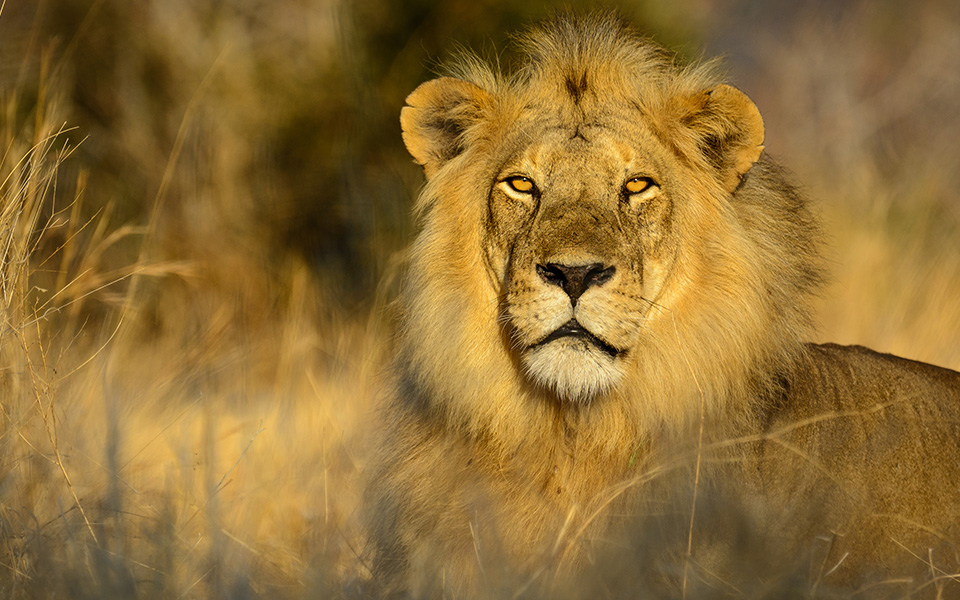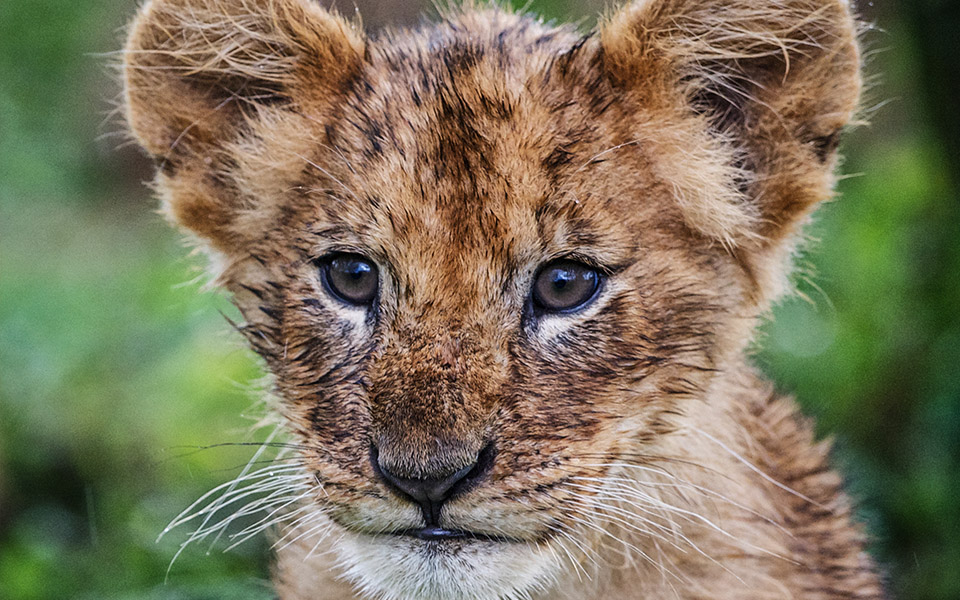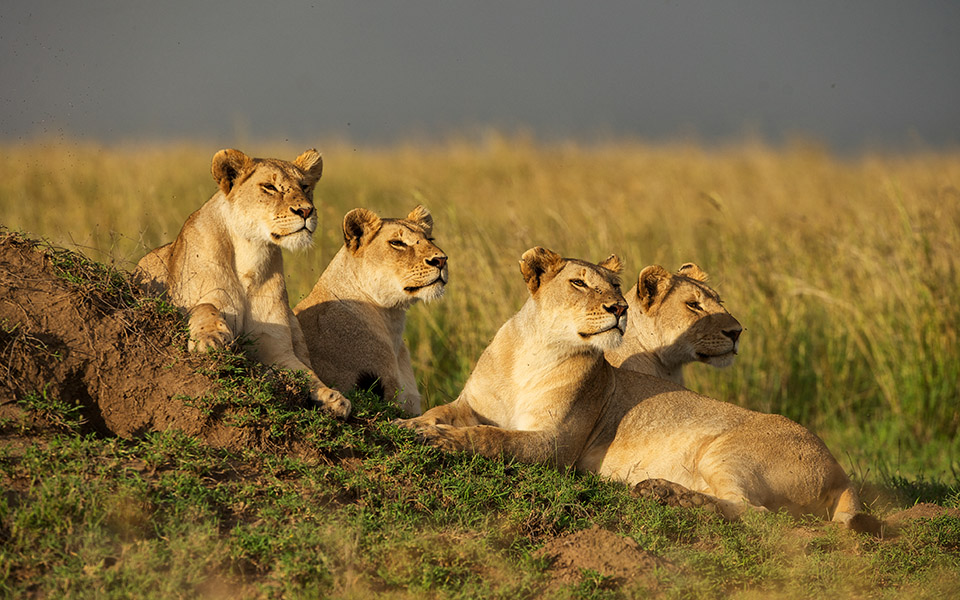Lionscape Coalition: Asilia’s Involvement in Protecting African Lions
The Lionscape Coalition is a joint initiative between the ecotourism industry and the Lion Recovery Fund that enables Africa’s top operators to play a leadership role in the recovery of lions and the restoration of their landscapes. We are proud to have partnered with the Lionscape Coalition.
The Lion Recovery Fund (LRF) was created by the Wildlife Conservation Network in partnership with the Leonardo DiCaprio Foundation to double the number of lions in Africa in the hopes of regaining those lions we have lost over the past 25 years. The LRF allocates 100% of donations directly to projects that conserve lions, investing in the best ideas for lion recovery.

The ecotourism industry in Africa is, in particular, intrinsically linked to the health of its iconic wildlife populations and their captivating landscapes. Lions are often ranked as one of the most popular animals that tourists want to see when on safari. Yet, lion populations across the continent are declining dramatically – a loss that jeopardizes the tourism industry itself. The future of African tourism is profoundly linked to the future of the African lion.
How The Lionscape Coalition Works
The Lionscape Coalition was founded to enable Africa’s top ecotourism operators to play a leadership role in the recovery of lions and the restoration of their landscapes.Members of the Lionscape Coalition pledge to make annual investments into lion conservation programs through the Lion Recovery Fund. As a member, we will work with our guests before, during, and after their safaris to raise awareness of threats facing lions, and ways they can be part of their recovery.
The Loss Of Africa’s Lions
Sadly, Africa’s lion population has been halved in the past 25 years. This loss of lions has a direct impact on the savannah landscapes and all its inhabitants. Yet, there is hope for lion and lion landscape recovery. Lions can recover quickly if given protection, security, habitat and prey, and the ecotourism industry in Africa can play a key role in bringing them back.

The number of wild lions is around 20,000 individuals—meaning there are fewer lions than rhinos on the continent.Major threats that lions currently face are: the loss of prey through bushmeat poaching; incidental capture of lions in snares; retaliatory or pre-emptive killing of lions in response to human-lion conflict; habitat loss; encroachment of wild spaces by humans and/or livestock; targeted poaching of lions for their body parts; and poorly managed trophy hunting.
Recent studies show protected areas throughout lions’ range can support 3-4 times the number of lions they have today. Additionally, protected areas where photographic ecotourism is dominant are more effective for conserving lions and their prey. And lions, like most cats, are resilient. If we give them the space, the food, and the safety to survive, they will thrive, and so will tourism and its benefits to businesses, economies, and communities.

More Experiences & Activities Articles

What’s the difference? National Parks, Game Reserves, and Conservancies in East Africa
02 February 2020To most of us, a national park, game reserve, or conservancy are all the same...

Why you need to book a hot-air balloon safari
27 April 2021Many would argue that a hot-air balloon safari is one of the best ways to exp...

Naboisho: Home To The Mara’s Newest Pool
28 November 2019Naboisho is now home to the Mara Naboisho Conservancy’s newest pool. During t...

Guest Gallery: The Serengeti At Its Best
27 November 2019We recently had the pleasure of welcoming guests, Chris and Monique Fallows t...





